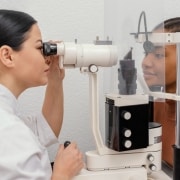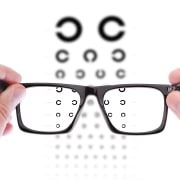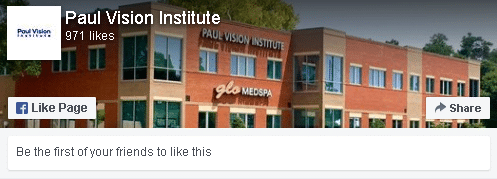Did You Know We Offer Same Day Eye Exams?
Vision issues can crop up suddenly, leaving you to wonder what is wrong and how long you must wait for an appointment. You could experience anything from a change in your eyeglass prescription to needing treatment for glaucoma. Paul Vision Institute is pleased to let you know that we offer same-day eye exams in Wilmington, NC, for any patient who feels they should come in right away.
What to Expect at Your Same Day Eye Exam
The first thing to expect is that Dr. Edward Paul or one of our other four optometrists will look directly into your eyes to determine if they spot any type of problem. If so, they will use X-ray and other diagnostic equipment to clarify what the eye issue is and why you are experiencing it.
You may need your eyes dilated to allow our optometrists a better view of the back of your eyes and how well this area functions. We will let you know if you need dilation drops at the start of the appointment, and you will complete some other tests before this happens.
The letterboard test is one of the simplest yet most accurate ways to check vision. Your optometrist sets a large piece of cardboard several feet away from you containing letters of various sizes. Some will be darker than others to gauge how clear they are to you. Based on the results of this test, your optometrist may write you a new prescription.
The severity of your issue determines whether you will complete any other tests duringsame-day eye exams in Wilmington, NC. If a foreign object is caught in your eye, we urge you to go to the nearest emergency room.







